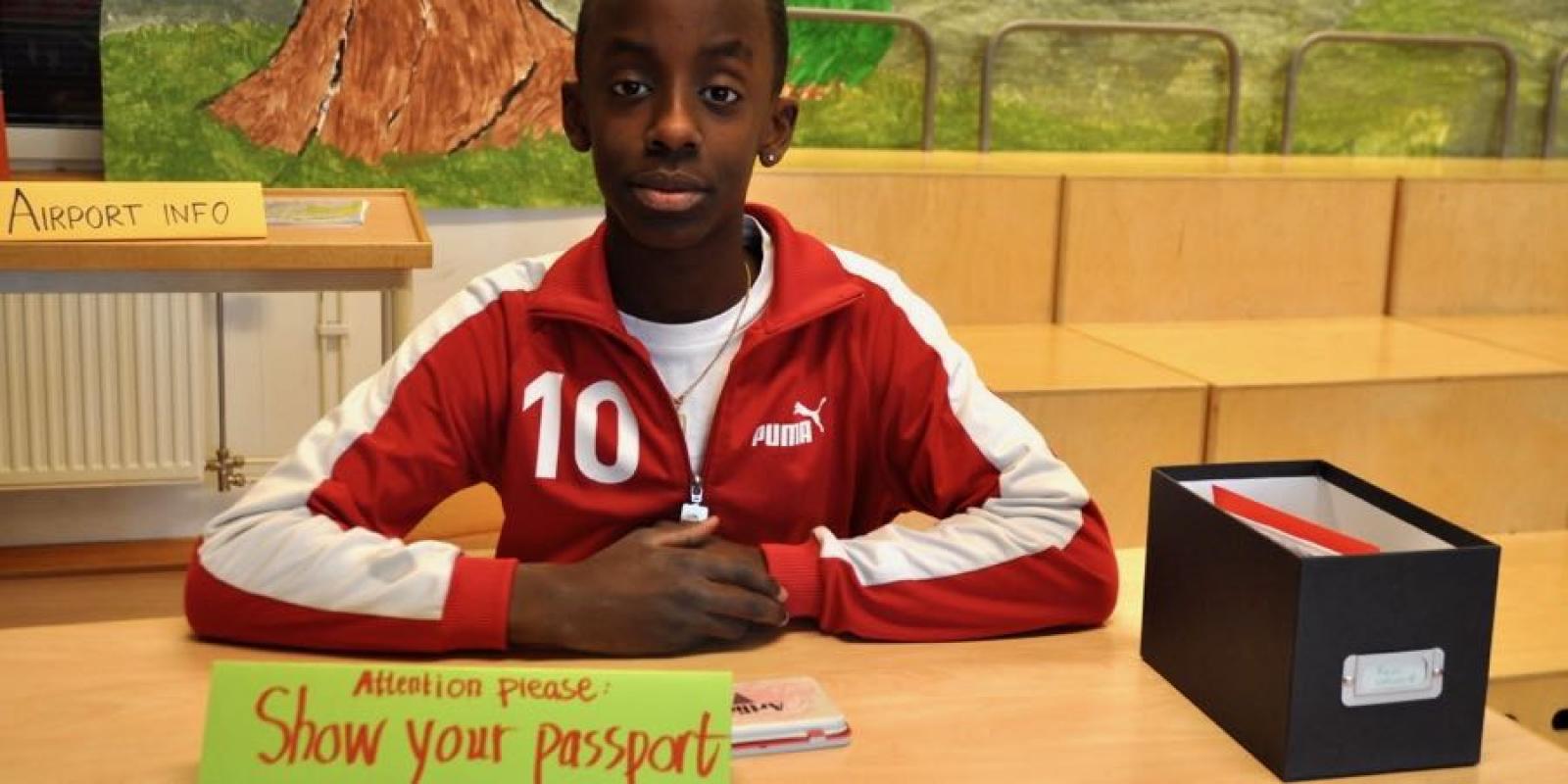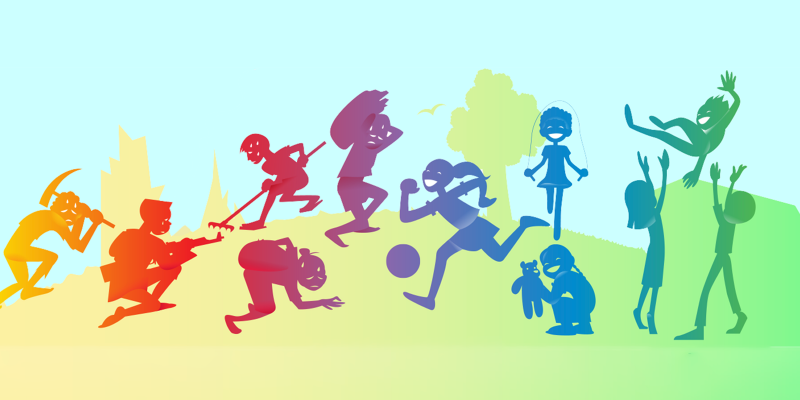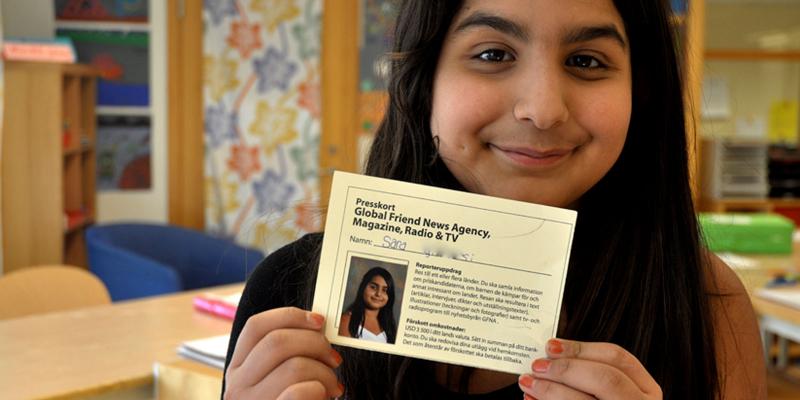
step by step
This assignment is an invitation to you and your students to participate in a journey to the nominees’ countries, as reporters. The assignment should, as far as possible, include all the elements of a real reportage trip. That means everything from passports and visa applications to research and vaccinations!
From the early preparatory stages, school subjects including languages, maths, social science and geography can be integrated in the Global Trip. The travel documents, the simulated journey and the ‘in-country’ tasks make the students’ studies more exciting and authentic.
How does it work?
The simulated journey to the Child Rights Heroes’ countries includes a host of different elements, each with practical exercises. It is easy to integrate the journey into normal lessons, since most of the exercises can be linked to standard school subjects. School subjects such as languages, maths, social science and geography can be integrated into the simulated journey. For example, the students can:
• use maths to calculate distances, journey times, budgets, and time differences, as well as studying statistics on child rights issues.
• practise their language skills by writing different texts, such as diaries, letters, fact boxes and articles.
• develop their knowledge of geography, social science and history through practical studies of other countries.
Age suitability
The simulated journey has been developed for students between the ages of 10 and 18. All exercises can be used with all age groups, but you as their teacher are in the best position to decide whether to adjust the level of difficulty to suit your students' needs and circumstances.
Broad aim
The aim of the simulated journey is to give your students the opportunity to:
- get to know the prize laureates, their work for the rights of the child and the children they fight for,
- develop faith in their own ability to influence the world around them and the will to uphold democratic values, while also becoming familiar with their rights and responsibilities in a democratic society,
- make a habit of taking into account the equal rights and equal worth of all – regardless of gender, class and ethnic origin – in all their actions,
- develop their ability to produce texts with different purposes as tools for education and communication
- develop their ability to put themselves in someone else’s shoes, and be able to present their work orally so that the content is clear and comprehensible.
- formulate, interpret and solve problems using mathematical skills
- develop their ability to cooperate and
- familiarise themselves with the geography, society, nature, history, culture and religion of different countries.
Text ©: The Global Trip is created by Maj Stoddard after inspiration from Jackie Lawson.
Långgatan 13, 647 30, Mariefred, Sweden
Phone: +46-159-129 00 • info@worldschildrensprize.org
© 2020 World’s Children’s Prize Foundation. All rights reserved. WORLD'S CHILDREN'S PRIZE®, the Foundation's logo, WORLD'S CHILDREN'S PRIZE FOR THE RIGHTS OF THE CHILD®, WORLD'S CHILDREN'S PARLIAMENT®, WORLD'S CHILDREN'S OMBUDSMAN®, WORLD'S CHILDREN'S PRESS CONFERENCE® and YOU ME EQUAL RIGHTS are service marks of the Foundation.




